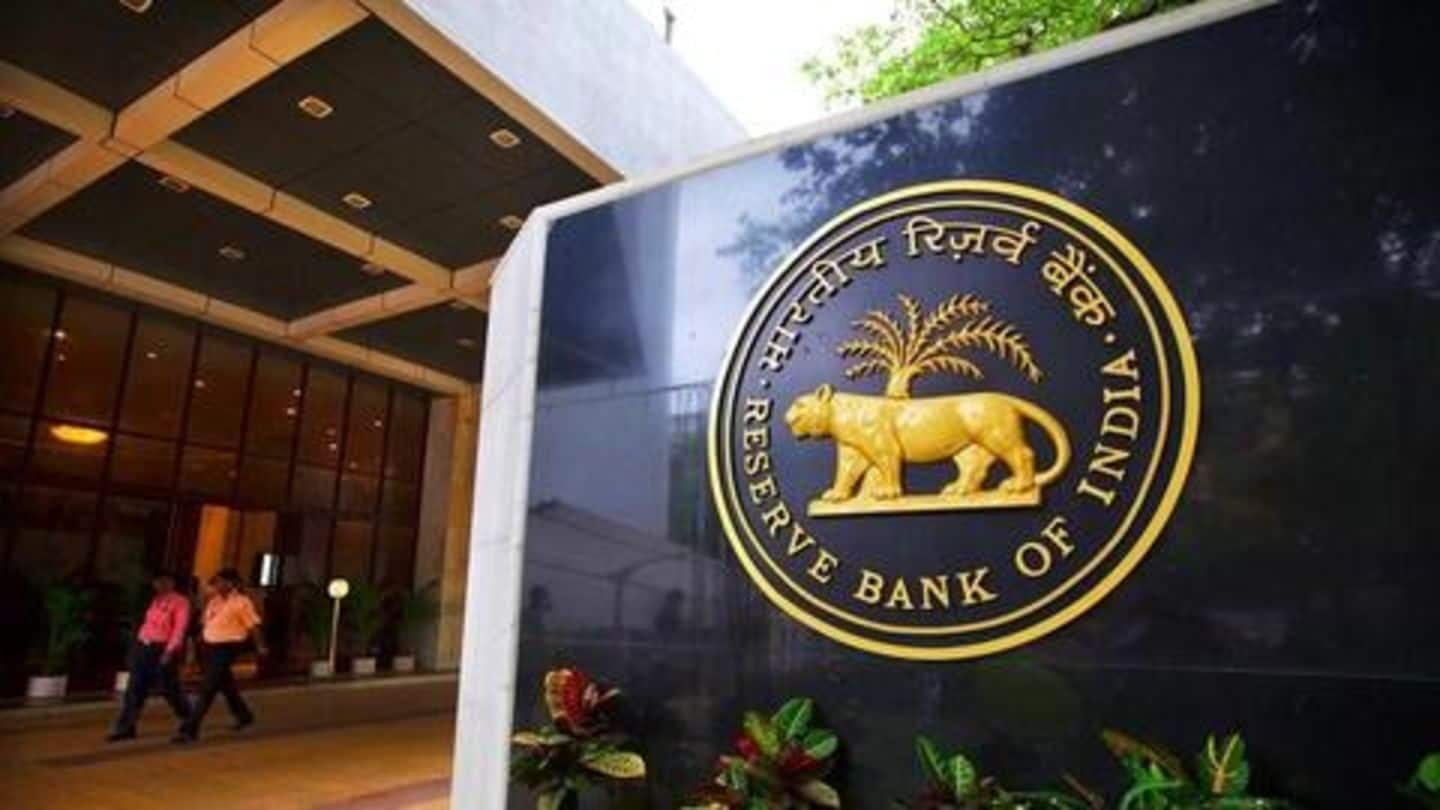
RBI board meeting: Key issues to be discussed
What's the story
Amid tensions between the government and the Reserve Bank of India (RBI), the RBI, board, on Monday, started a meeting to try and work out its differences with the government pertaining to policy. The key issues to be discussed in the meeting involve ensuring relief and more credit to micro, medium, and small enterprises (MSMEs), and easing lending restrictions on state-run banks. Here's more.
Meeting
Governance of RBI is also on the meeting's agenda
Apart from policy issues, the 18-member board meeting chaired by RBI Governor Urjit Patel will also have the RBI's governance on its agenda. While the RBI, earlier, had insisted on complete autonomy, it's understood that the government is looking for a consultative process in the RBI's decision-making to try and make RBI decisions coincide with its overall economic policy framework.
Information
The composition of the RBI board
Of the RBI's 18-member board, five are bureaucrats from the government, two are Finance Ministry officials, two have close links to Prime Minister Narendra Modi, and four come from a business background. The remaining five are RBI Governor Urjit Patel and his deputy governors.
PCA framework
RBI's lending restrictions on state-run banks is on the agenda
As per reports, the RBI Central board is likely to work out a solution pertaining to the prompt corrective action (PCA) framework that has been imposed on 11 state-run banks. Banks are put under the PCA framework when their financials deteriorate, and under the framework, lending restrictions, and other restrictions are imposed. The government wants the RBI to relax such restrictions so they can start lending.
NBFCs, MSMEs
The disagreement over NBFC liquidity crunch
Meanwhile, the government is also likely to force the RBI's hand in easing liquidity for non-banking financial companies (NBFCs) in a bid to provide more credit to micro, small, and medium enterprises (MSMEs). The government feels that NBFCs have stopped lending owing to a liquidity crunch, resulting in restricted credit for MSMEs. However, the RBI feels that there is no systemic liquidity issue.
Reserves
The government wants access to the RBI's surplus reserves
These apart, another major issue to be discussed in the meeting pertains to the RBI's reserves. The government feels that the RBI's reserves, which is 26% of its total assets, is more than adequate, considering that the global mean is 16% of total assets. Given this surplus, the government wants access to the RBI's surplus reserves.